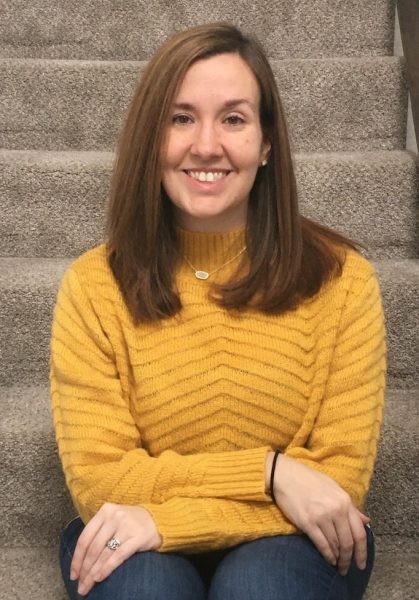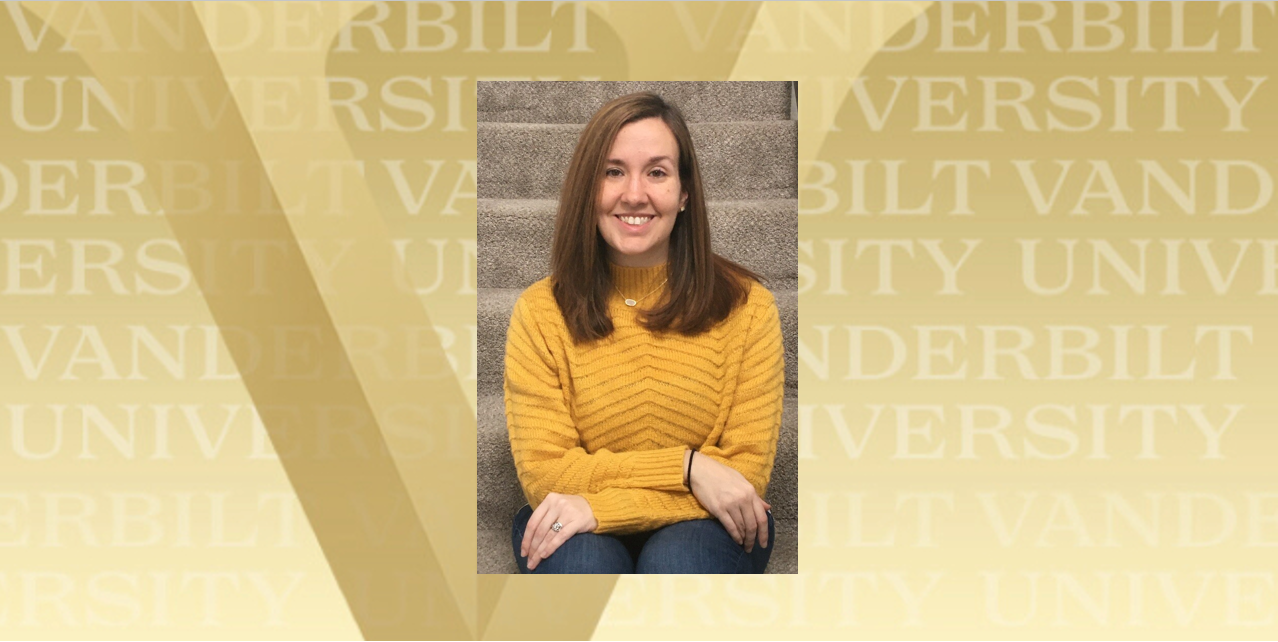By Jenna Somers

Public schools’ resources for students with disabilities are critical tools for empowering their educations, especially when families have the knowledge to advocate for their children and partner with their children’s schools to create support plans. However, research suggests that some schools may be falling short in supporting students with disabilities, and some families may face barriers and lack knowledge to advocate for legal protections for their children.
Section 504 of the Rehabilitation Act of 1973 requires that public schools provide an appropriate education to students with disabilities (aged 3-21) by offering aids and services to meet their needs during school and extracurricular activities. To understand and characterize student and family experiences with Section 504 plans as well as to develop and test an advocacy program for students with disabilities and family caregivers, Meghan Burke, professor of special education at Vanderbilt University’s Peabody College of education and human development, will lead three related studies with the support of a five-year, $3 million grant from the National Institute on Disability, Independent Living, and Rehabilitation Research (NIDILRR)—a part of the federal Administration for Community Living.
“We know that student and family knowledge, empowerment, and advocacy are the critical ingredients for students with disabilities to receive services that meet their needs. Yet, in the context of Section 504, students with disabilities and family caregivers often do not know their rights, and the difficulty in accessing services is even greater for families from marginalized populations,” Burke said. “By educating and empowering families, this project will equip students with disabilities and family caregivers with the knowledge, empowerment, and advocacy skills to access Section 504 and its protections throughout their lives. As a result, we expect to see both higher quality Section 504 plans and a greater receipt of needed supports and services.”
People with disabilities and their families often use the phrase “nothing about us, without us” when advocating for inclusion in the research process. In that spirit, Burke will collaborate with disability researchers, attorneys, and people with disabilities and family caregivers on the studies. In particular, Burke is partnering with the Council of Parent Attorneys and Advocates as well as Sarah Demissie and Raeanne Lindsay, two researchers with lived experiences with disability.
In the first study, Burke and her team will interview 150 students with disabilities and family caregivers to identify barriers and facilitators in access to Section 504. In the second study, the researchers will conduct a national survey with 400 students with disabilities and family caregivers to determine the prevalence of barriers and facilitators. The team also will review written Section 504 plans. In the final study, they will develop and test an advocacy program for students with disabilities and family caregivers to improve service access. They will conduct a pilot study with 30 participants and a randomized controlled trial of the program with 160 participants.

